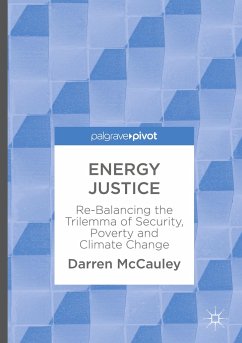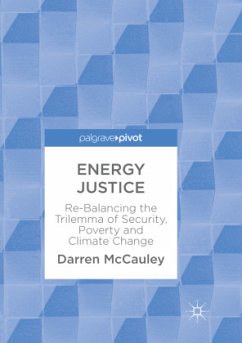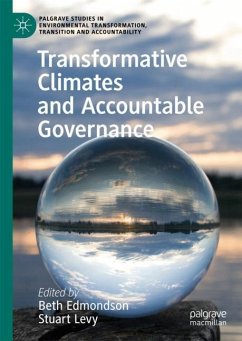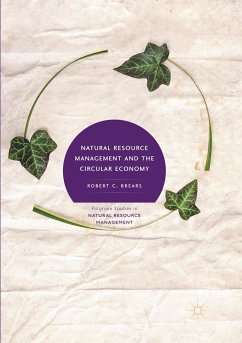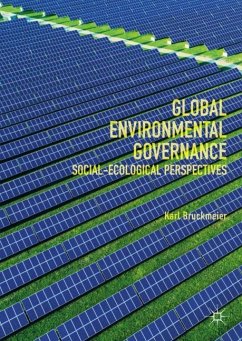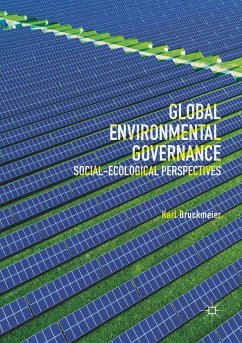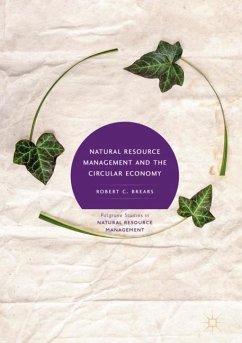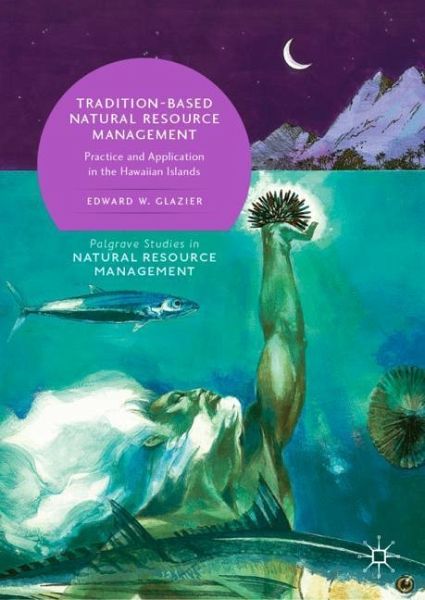
Tradition-Based Natural Resource Management
Practice and Application in the Hawaiian Islands

PAYBACK Punkte
29 °P sammeln!
This book addresses the complex socio-political context of natural resource management in coastal and marine environments throughout the contemporary Pacific Islands and provides lessons that can be applied around the globe. The author spotlights one particular case in which Native Hawaiians worked successfully to develop a formal policy mechanism through which to advise government agencies in the State of Hawaii on matters regarding traditional and customary use and management of the island's natural resources. Glazier describes historic-traditional aspects of natural resource use and managem...
This book addresses the complex socio-political context of natural resource management in coastal and marine environments throughout the contemporary Pacific Islands and provides lessons that can be applied around the globe. The author spotlights one particular case in which Native Hawaiians worked successfully to develop a formal policy mechanism through which to advise government agencies in the State of Hawaii on matters regarding traditional and customary use and management of the island's natural resources.
Glazier describes historic-traditional aspects of natural resource use and management in the Hawaiian Islands and the challenging process that was employed to enhance the capacity of modern Hawaiians to influence the course of their future. This process successfully broached and addressed truly difficult challenges, including but not limited to: the convening of representatives of a complex society of indigenous persons in order to elicit traditional place-based knowledge and varying perspectives on the appropriate use and management of natural resources; the incorporation of such knowledge and perspectives into the modern natural resource management and policy context; and the need to balance the interests of indigenous persons and those of more recently-arriving persons around the island chain.
The lessons learned were many and varied and are particularly germane for resource managers, scientists, policymakers, and indigenous persons seeking to undertake balanced natural resource policy decisions in island, coastal, and indigenous settings around the Pacific and beyond.
Glazier describes historic-traditional aspects of natural resource use and management in the Hawaiian Islands and the challenging process that was employed to enhance the capacity of modern Hawaiians to influence the course of their future. This process successfully broached and addressed truly difficult challenges, including but not limited to: the convening of representatives of a complex society of indigenous persons in order to elicit traditional place-based knowledge and varying perspectives on the appropriate use and management of natural resources; the incorporation of such knowledge and perspectives into the modern natural resource management and policy context; and the need to balance the interests of indigenous persons and those of more recently-arriving persons around the island chain.
The lessons learned were many and varied and are particularly germane for resource managers, scientists, policymakers, and indigenous persons seeking to undertake balanced natural resource policy decisions in island, coastal, and indigenous settings around the Pacific and beyond.





